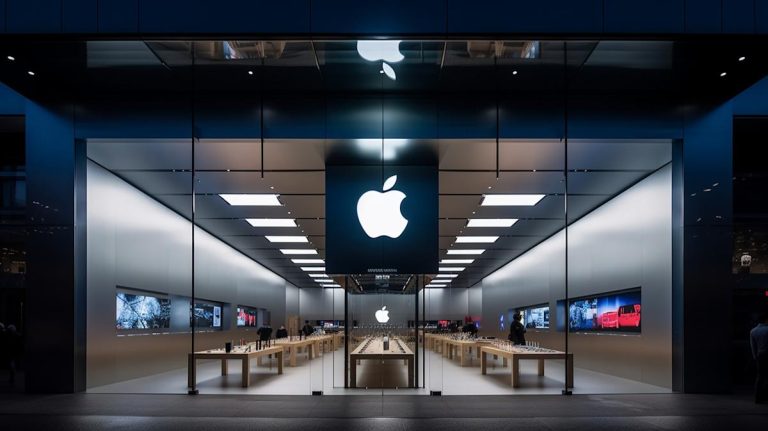A federal appeals court has blocked the US Federal Trade Commission’s “click-to-cancel” rule just days before it was scheduled to take effect, dealing a blow to consumers who had pushed for easier subscription cancellations.
In October last year, the FTC approved the rule that would require companies to make canceling subscriptions as simple as signing up for them.
The change was expected to affect music streaming giants like Spotify, Apple Music, and Amazon Music, which collectively serve hundreds of millions of subscribers in the US and globally.
However, the US Court of Appeals for the Eighth Circuit vacated the rule on Tuesday (July 8), citing “procedural error” in the FTC’s rulemaking process. The rule was set to take effect on Monday (July 14).
The court found that the FTC failed to conduct a required preliminary regulatory analysis for rules with economic impacts exceeding $100 million annually.
“While we certainly do not endorse the use of unfair and deceptive practices in negative option marketing, the procedural deficiencies of the Commission’s rulemaking process are fatal here.”
US Court of Appeals for the Eighth Circuit
The court wrote: “[T]he [Administrative Law Judge] found that the proposed rule would have an annual effect on the national economy surpassing the $100 million threshold.”
It added: “While we certainly do not endorse the use of unfair and deceptive practices in negative option marketing, the procedural deficiencies of the Commission’s rulemaking process are fatal here.”
It added: “The Rule does contain a severability provision which keeps the remaining provisions in effect if any provisions are stayed or determined to be invalid.”
“The Rule does contain a severability provision which keeps the remaining provisions in effect if any provisions are stayed or determined to be invalid.”
US Court of Appeals for the Eighth Circuit
The FTC finalized the regulation in October last year after receiving over 16,000 public comments, aimed to crack down on what the FTC called “deceptive practices” in subscription services. Under the rule — which represented an n update to the FTC’s 1973 Negative Option Rule — companies would have been prohibited from charging consumers without informed consent and required to clearly disclose terms before collecting billing information.
In addition to digital service platforms like Spotify, Apple Music, and Amazon Music, the rule also targeted gym memberships, magazine subscriptions, and other subscription services.
The blocked regulation was part of the Biden administration’s “Time is Money” initiative, launched last year to address consumer frustrations.
In August last year, Neera Tanden, former White House domestic policy adviser, said: “The administration is cracking down on all the ways that companies, through paperwork, hold times and general aggravation waste people’s money and waste people’s time and really hold onto their money.”
The rule was challenged in court by the US Chamber of Commerce and a group of companies including Charter Communications, Comcast, Cox Communications, Disney Entertainment and Warner Bros. Discovery.
Music Business Worldwide








